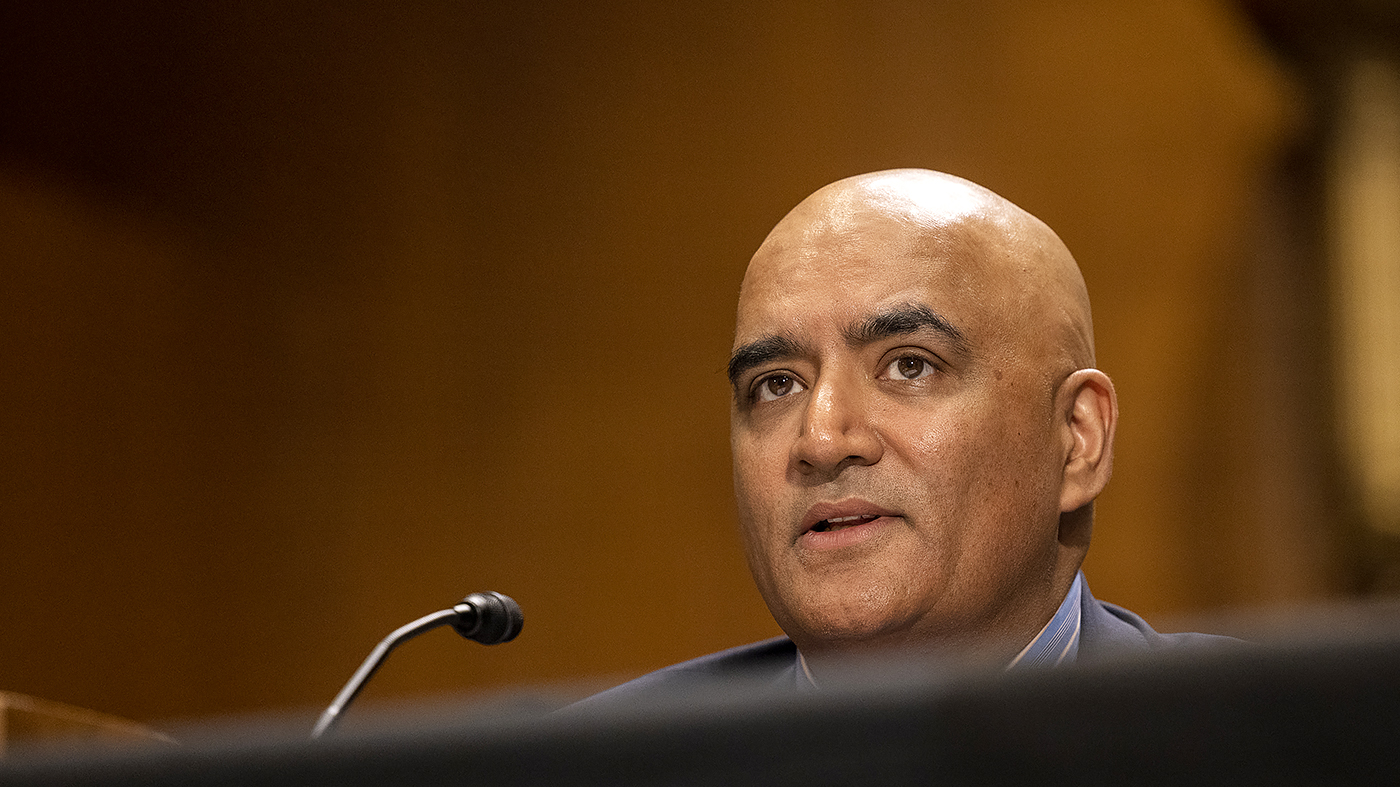Over the past year, the Republican Party has amped up its attacks on electric vehicles (EVs) — which in the wake of new environmental standards, GOP members have portrayed as being forced on the American people by the Biden administration.
“The Biden administration is deciding for Americans which kind of cars they are allowed to buy, rent and drive,” said Sen. Shelley Moore Capito (W.Va.), the ranking Republican on the Senate Environment Committee.
The Biden administration is pushing back.
Earlier this month, The Hill caught up with Shailen Bhatt, head of the Federal Highway Administration, who was in Las Vegas promoting administration plans around EVs.
Sustainability: There’s a narrative on the Republican side that consumers don’t want EVs, and the Biden administration is trying to force it on them. What would you say to that?
Shailen Bhatt: There was probably too much exuberance around how quickly EVs would be adopted back in 2020 to 2022.
But at the same time — last year in the U.S., 10 percent of new car sales were EVs. In China, that number is 30 percent; if you look at the EU, they’re driving more and more EVs.
[And that underscores] how important EVs are globally — and how important it is that America manufactures those EVs.
And the other part I want to highlight is: when I go around the country and meet with governors, Gov. [Gretchen] Whitmer [D-Mich.] is really excited about EVs — but so is [Republican] Gov. Kay Ivey in Alabama, and Gov. Kemp [R] in Georgia. President Trump was working with General Motors to get them to work with Lordstown motors to build trucks.
So, I think it’s a huge job creator; a huge opportunity — and we want Americans to buy EVs made in America, and to build a charging network that is made by Americans as well.
That’s a good segue to the question of: How do we get to the universal car charger — something like the USB-C of EV charging?
SB: Two years ago, we wouldn’t, you know, there were like six different charging standards out there. And I think one of the great things of the Bipartisan Infrastructure Law investing $7.5 billion in the charging network is that the private sector has coalesced now around a for the most part common standard that we’ve now incorporated.
And now we’re getting into making sure that if these are the power requirements, now, how do we make sure that — as even faster chargers and more powerful batteries are coming out — we are working with the Department of Energy to make sure that there’s enough power in the grid to make sure that we’re able to provide energy to all of these cars in the coming years.
In the environmental world, there’s increasingly talk about thinking about highways as something like pipelines: A very efficient method for burning more carbon and warming the planet. What is the long-term vision for highways in a carbon-conscious world?
We absolutely need to be looking at how we reduce the carbon footprint of highways — and EVs are an incredibly important part of that, as is active transportation like biking, and walking.
But in the majority of the country, a century of infrastructure and automobile development that has been centered around the internal combustion engine (ICE). So if we just come out tomorrow and say, no more highways, no more cars are no more ICE cars — that doesn’t work in vast swaths of the country.
But in every single state, their departments of transportation are moving forward on their EV funding.
It’s really hard for us in this country to do big things, whether it’s gun control, or, you know, tackling climate challenges.
But around the climate issue. I think there’s real opportunity — through EV adoption, through active transportation for us to finally start to, you know, reduce the amount of [greenhouse gases] we produce, and I’m really excited about the potential.













